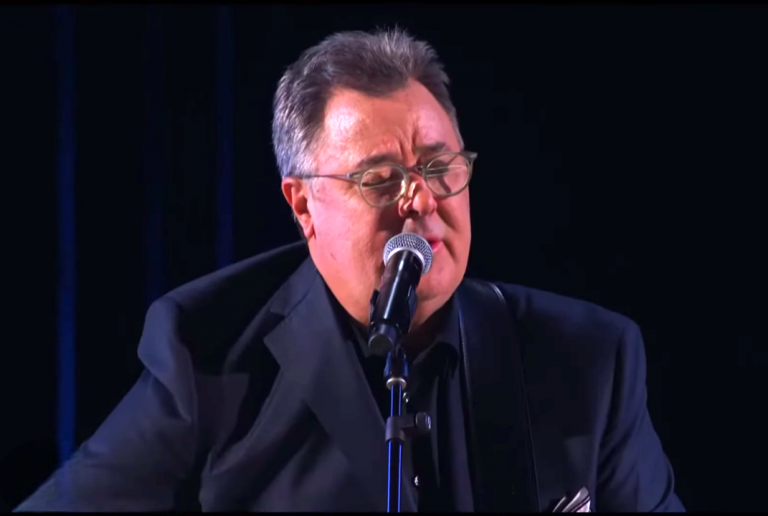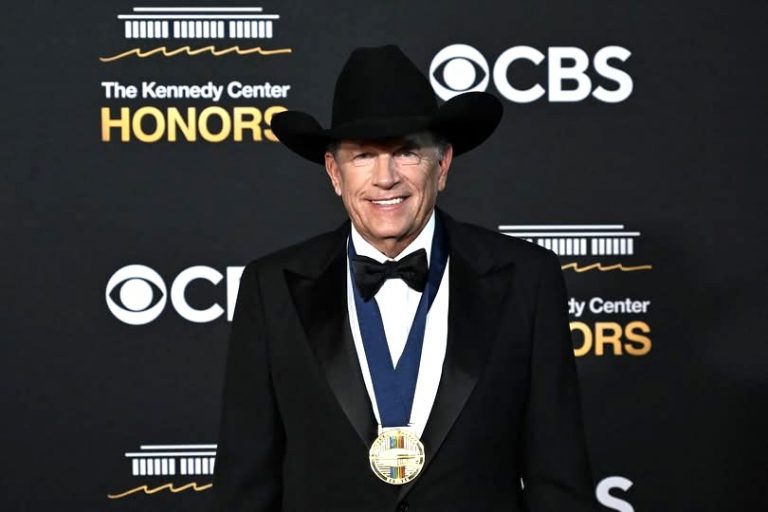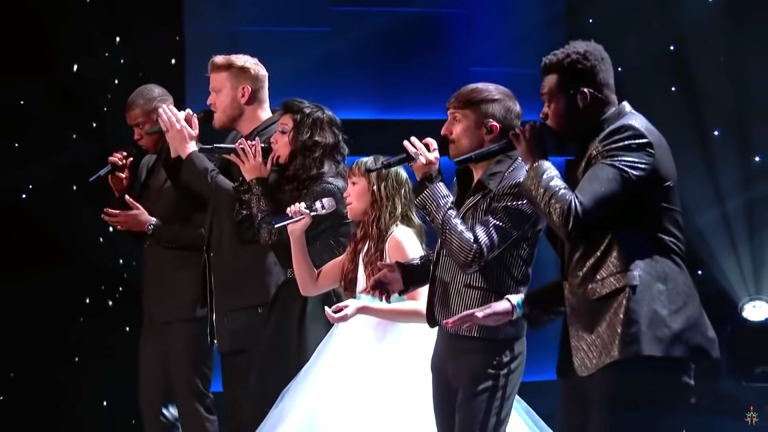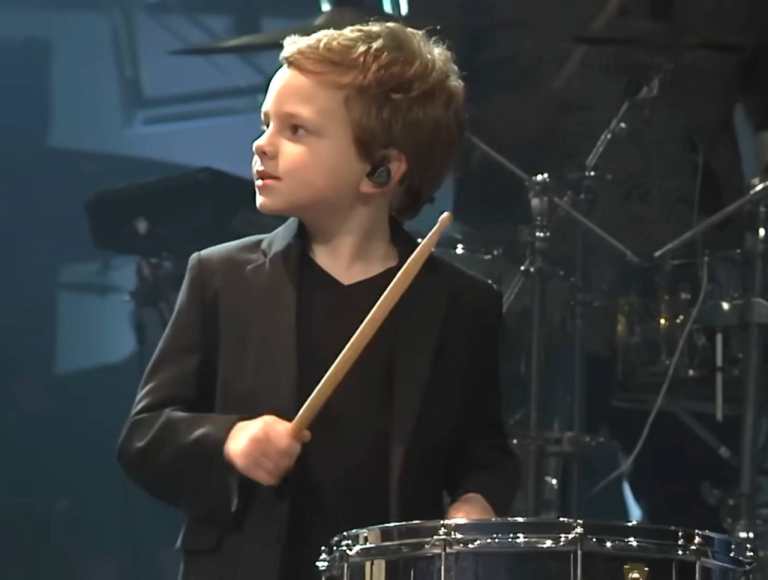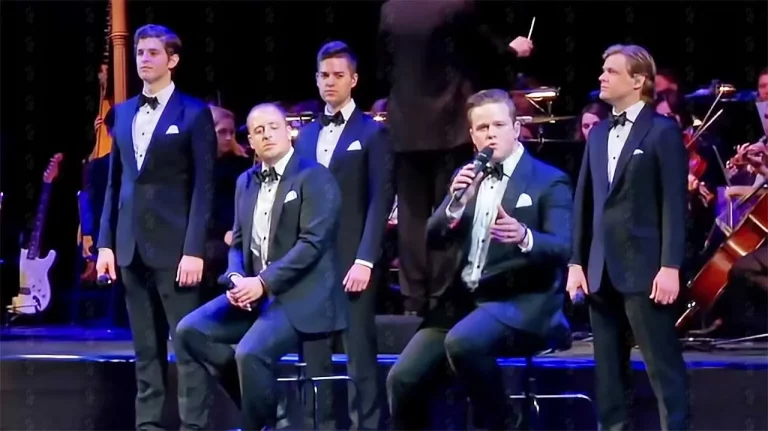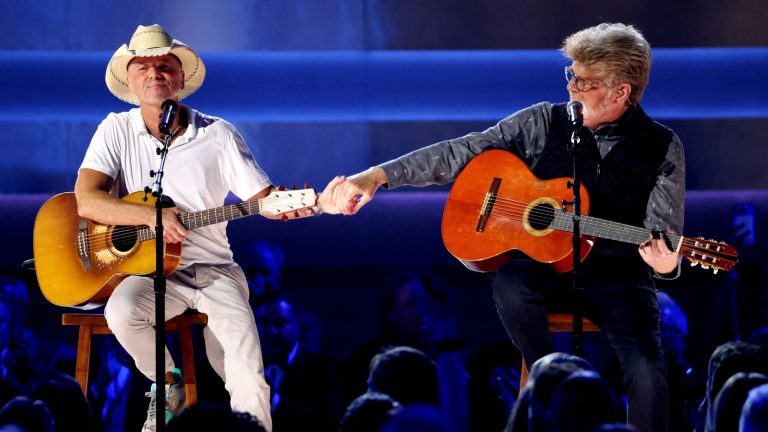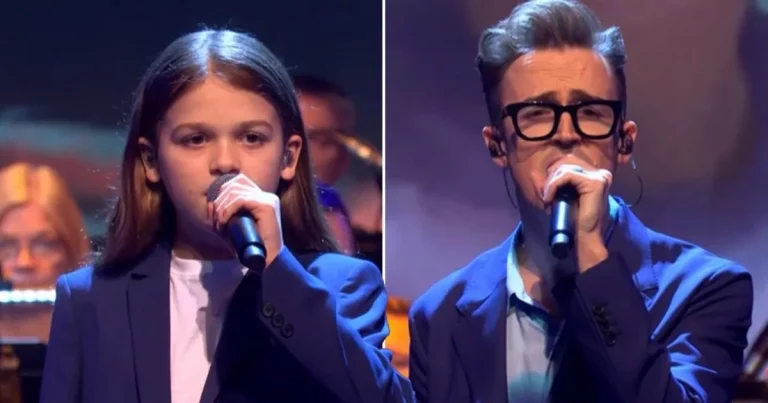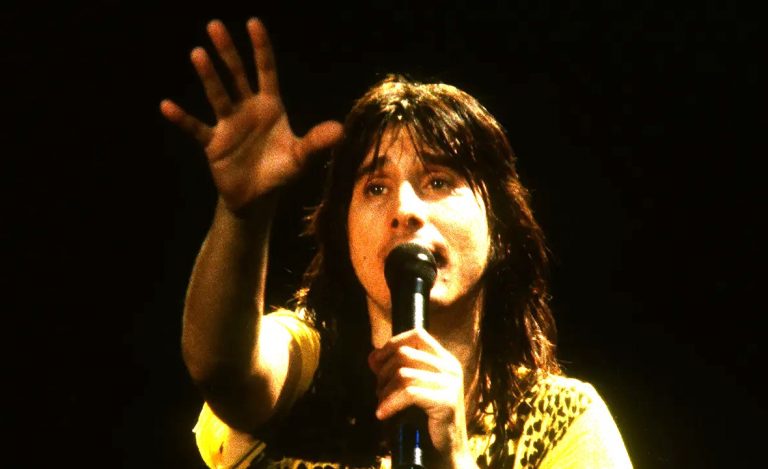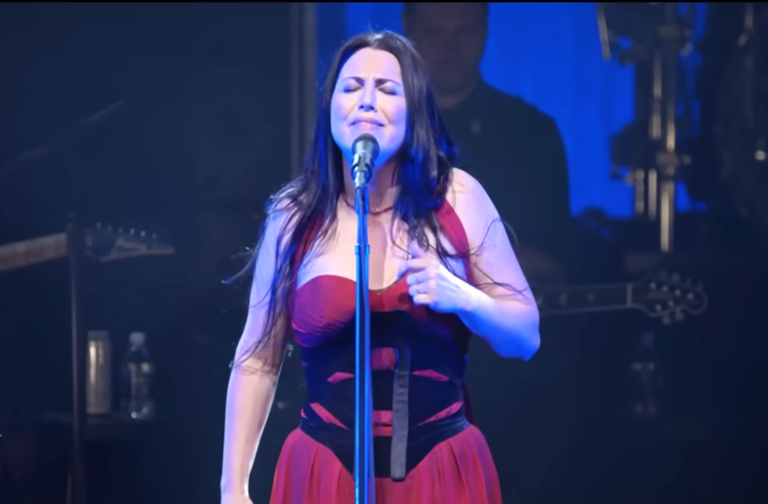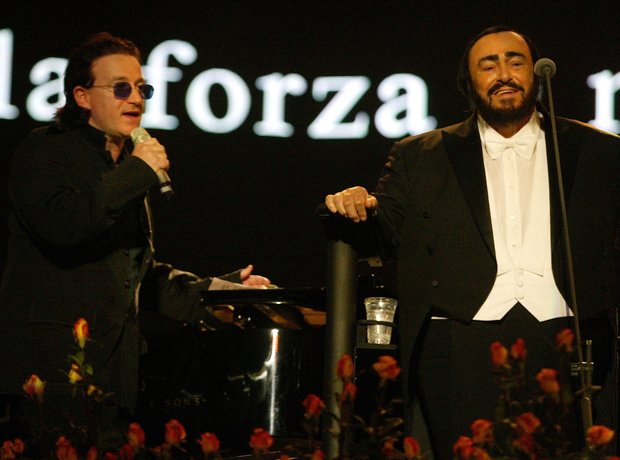The air in the Grand Ole Opry House, already thick with a century’s worth of history and applause, grew still and sacred as Vince Gill gently rested his fingers on the strings of his acoustic guitar. It was a night celebrating the Opry’s 100th birthday, a milestone of entertainment, but what followed was a profound moment of shared humanity.
Gill, his voice a familiar instrument of both joy and ache, introduced his next song not as a setlist item, but as a personal offering. He dedicated his timeless ballad, “Go Rest High on That Mountain,” to his beloved mother, Jerene Gill, and his older brother, Bob Gill, who had passed just the year before—a grief still fresh and tender.
As the first, mournful notes of the dobro, often likened to a crying voice, wove through the silence, the song’s well-known purpose as a gospel-tinged eulogy transformed into something even more intimate. Gill’s performance was not a spectacle but a visitation; his eyes often closed, each line—“Your work on earth is done”—was sung with the weary gratitude of a son who had said goodbye, and “Go to heaven a-shoutin’” with the fragile hope of a believer.
You could hear the specific love for his mother’s guidance and his brother’s camaraderie in every strained, honest note. In that iconic circle of wood on the Opry stage, a space that has launched countless careers, Gill did something rarer: he bridged the earthly and the divine, using the public stage for a private sacrament.
He offered the audience not just a performance, but a window into the very heartache and faith that makes country music resonate—turning a celebration of an institution’s past into a timeless, tear-streaked reminder of the love that outlasts life itself.

